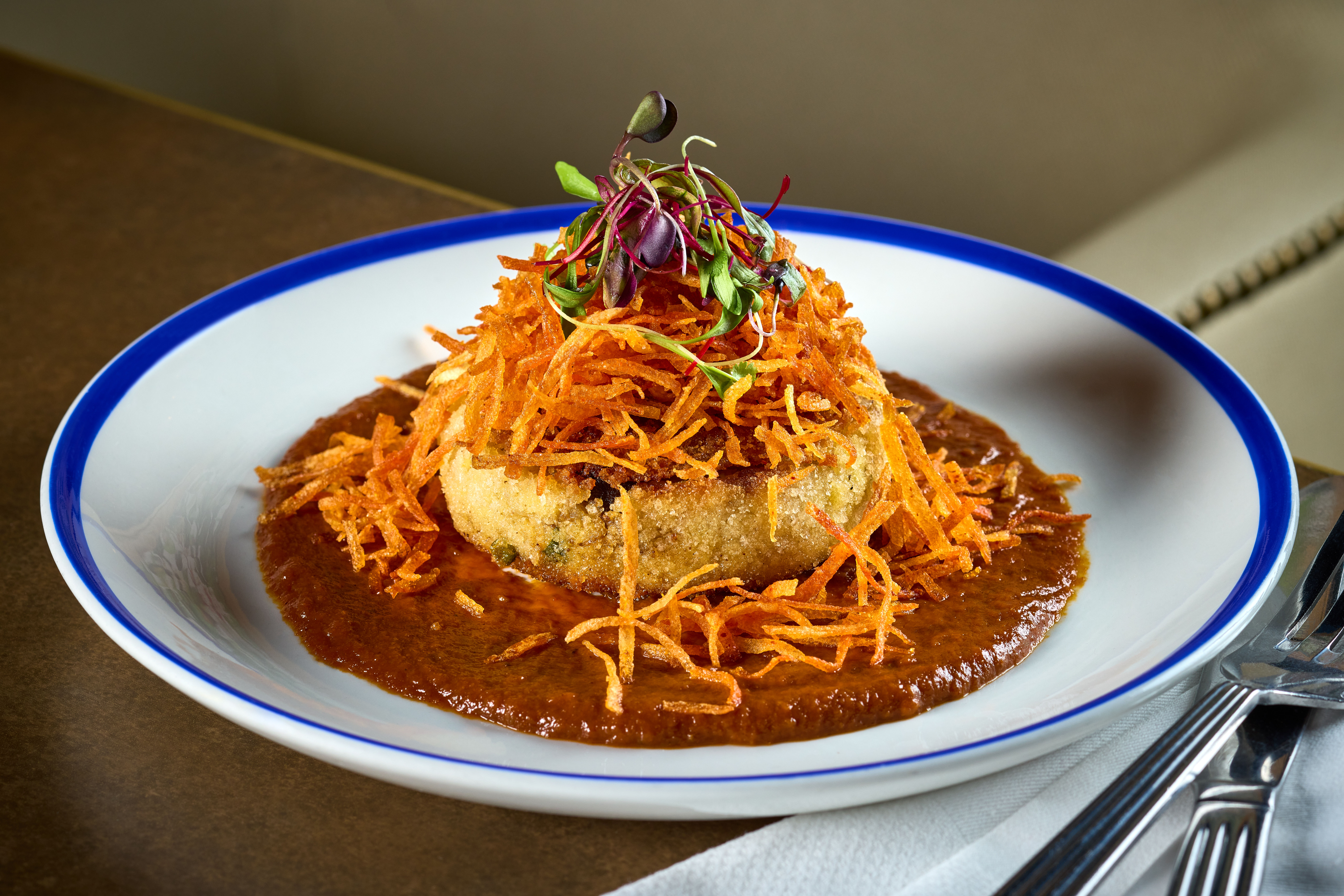Food for thought
What you eat isn’t just about keeping your waistline small — it’s about keeping your brain healthy as well. The foods you eat, especially foods high in antioxidants, can help ward off dementia and improve your brain health. As Stony Brook University registered dietitian Stephanie May tells students, choosing colorful fruits and vegetables — and avoiding processed foods — will fuel you for success. Get started with these nine options:
Blueberries
A superfood rich in antioxidants, blueberries reduce oxidative stress on the brain and have been shown to improve learning capacity and motor skills. “Phytochemicals give fruits and vegetables their color,” says Kristin Kirkpatrick, an Eat + Run blogger and manager of wellness nutrition services at Cleveland Clinic’s Wellness Institute. “Foods high in these chemicals have the most effective means of improving your health, and blueberries have one of the strongest concentrations available.”
Citrus fruits
Pucker up! Lemons, limes, oranges and grapefruits can all help your brain stay healthy, Kirkpatrick says. Whether you’re including it in a salad dressing, sipping on lemonade or squirting it on tacos, get some citrus in your daily diet. “Studies show that people who have citrus fruits every day are able to prevent cognitive decline by more than two years,” she says.
Nuts
Almonds are high in vitamin E, monounsaturated fats and other vitamins and minerals, making them a snacking no-brainer — particularly when it comes to preventing cognitive decline and preserving memory. Walnuts are a powerful brain food, too, thanks to their high amounts of polyunsaturated fatty acids. Including them in your diet can improve brain cell communication and growth, according to a 2014 study in The Journal of Nutrition. May encourages students to enjoy nuts in homemade trail mix by combining 1/4 cup of nuts, 1/4 cup of whole-grain cereal and 2 tablespoons of dried fruit. Snacking on pistachios is a good choice, too.
Fish
Salmon is rich in omega-3 fatty acids, which helps prevent cognitive decline, but it’s far from the only fish high in these beneficial fats. Sardines, anchovies and lake trout are all great sources of omega-3 fatty acids, meaning you can hit your quota of eating fish twice per week without getting bored of eating the same thing. “Omega-3 fatty acids are anti-inflammatory, so they reduce inflammation in the body,” says Marilyn Gordon, a registered dietitian with Nova Southeastern University in Florida. “They are good for cardiovascular health and have been shown to preserve brain function.”
Avocados
Yes, avocados are high in fat — but it’s a good fat that helps our brains function, Gordon says. The monounsaturated fat in avocados helps prevent high blood pressure, which is a risk factor for Alzheimer’s disease. They’re also a good source of lutein, a carotenoid related to better cognition. One 2015 study even found that people who ate one avocado every day for six months improved in several cognitive functions compared to people who ate a daily serving of chickpeas or a potato. Avocados are high in calories, however, so watch how much you eat.
Coffee
Your morning cup might do more than just help get your day started, Kirkpatrick says. “Coffee is high in antioxidants, which surprises people,” she says. “Studies have shown that regular coffee drinkers have a decreased risk of dementia.” Just don’t pile on the calories by adding loads of cream and sugar.
Greek yogurt
Instead of reaching for that pint of ice cream when stress strikes, try Greek yogurt topped with fresh fruit and a handful of granola or another cereal made with whole grains, May suggests. The vitamins and minerals in Greek yogurt can help relieve stress and give your body and brain energy. What’s more, research suggests probiotics (like those found in many yogurts) can help prevent cognitive decline and age-related memory loss, Kirkpatrick points out.
Eggs
Stop ordering egg whites and embrace the bright, round yolks, May says. “When you eat eggs, your brain uses these vitamins to support memory and increase communication among brain cells,” she says. Try them hard-boiled as a portable snack along with sliced veggies and hummus, or in an omelet made with spinach, tomatoes and onion, May recommends.
Whole grains
Say hello to oatmeal, barley and quinoa — all great complex carbohydrates that help fuel the brain, May says. “Oats contain soluble fiber, which removes cholesterol from the body and prevents plaque from forming in the arteries,” she says. “Clear arteries help ensure blood flows well and may help reduce the risk of developing stroke and dementia.” Whole grains are also a staple in the Mediterranean diet — an eating style shown to improve cognition when compared with a low-fat diet.
More from U.S. News
‘Healthy’ Foods You Shouldn’t Be Eating
7 Kitchen Items You Need to Replace to Protect Your Health
9 Foods That Can Keep Your Brain Sharp originally appeared on usnews.com







